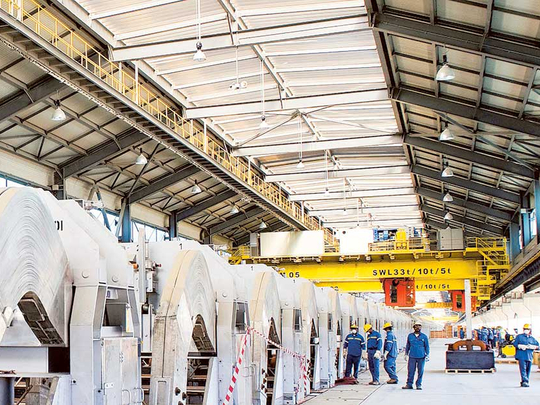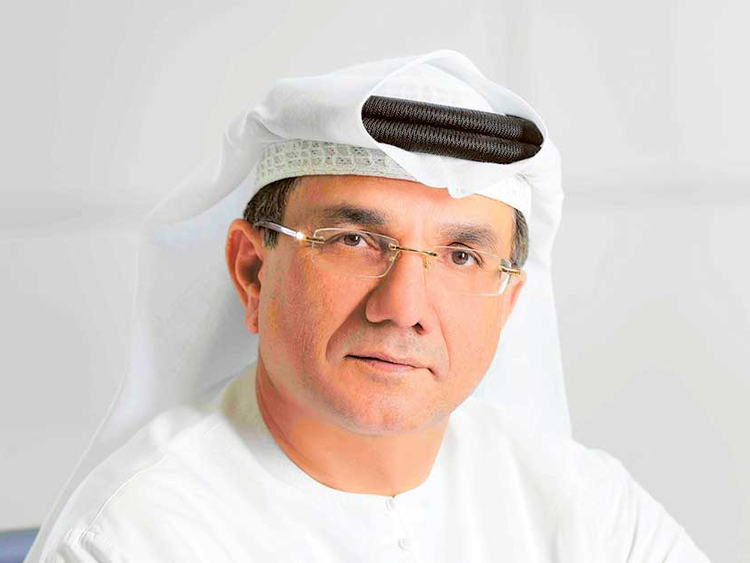
Dubai: The upstream possibilities are coming together nicely for Emirates Global Aluminium, the Dubai and Abu Dhabi government-owned manufacturer with an output of 2.4 million tonnes a year.
It is moving closer to the commissioning of an alumina refinery located next to its aluminium smelter in Al Taweelah, Abu Dhabi. And this would then tie in to the bauxite — a key raw material for aluminium — mine concession that EGA already has the rights to in Guinea, the West African nation.
“Once our mine in Guinea becomes operational, we will evaluate and determine the requirement for sourcing bauxite from them,” said Yousuf Al Bastaki, Executive Vice-President — Upstream at EGA. “Our concession contains more than 1 billion tonnes of some of the highest quality bauxite in the world and will have a production capacity of 12 million tonnes per annum, starting from 2018.
“As well as securing high-quality bauxite for our production facilities in the UAE, the mine will also give us a new, substantial revenue stream through significant exports to Asia.” (The official declined to mention how long EGA will have the mining concession for. EGA owns Guinea Alumina Corp., a mining development company focused on advancing its bauxite and alumina export project.)
This is the point where investments in an alumina refinery — the first such in the UAE — will come in quite handy for EGA. (In aluminium production, bauxite gets refined into alumina, the raw material used in smelters).
“The refinery will produce 2 million tonnes of alumina each year, reducing our dependency on alumina imports by more than 40 per cent,” said Al Bastaki. “As with every other global business, we’ve identified the need to go beyond our smelting capabilities to control key parts of our value chain — from “mine to metal”.
“Our products have historically been used in solid form — but we will begin supplying some of our customers with liquid metal direct from Al Taweelah smelter. By supplying liquid metal, we bring them enormous benefits by way of reducing their own energy consumption and costs.
“The concepts in aluminium smelting are a century old and remain virtually unchanged, but EGA’s innovation has focused on improving yields and reducing energy consumption.”
Things are starting to look up for the global base metals marketplace, given that there were less concerns over China’s economy slowing down. On some of the key commodities, the price declines of recent years seem to have been arrested. According to industry sources, a price rebound could be well on its way in line with demand spikes within key end-user industries.
Some of the sectors EGA supplies to are going through an upturn or poised for one. It is a fact that Al Bastaki does not fail to mention. “Aluminium markets are growing rapidly and EGA will benefit, as applications in automotive, aerospace and other industrial uses continue,” he said.
“About 90 per cent of EGA’s production is exported to over 300 customers in approximately 60 countries. The end users of our products include some of the world’s most famous brands. Our key markets include Asia, the Middle East and North Africa region, Europe and the Americas.
“Aluminium has become the world’s go-to metal due to its strength, lightness and near-infinite recycling capability. These qualities make it indispensable for sustaining product innovation in consumer goods such as laptops and smartphones, and the energy-conscious transportation sector where the latest airliners and automobiles make significant use.”












